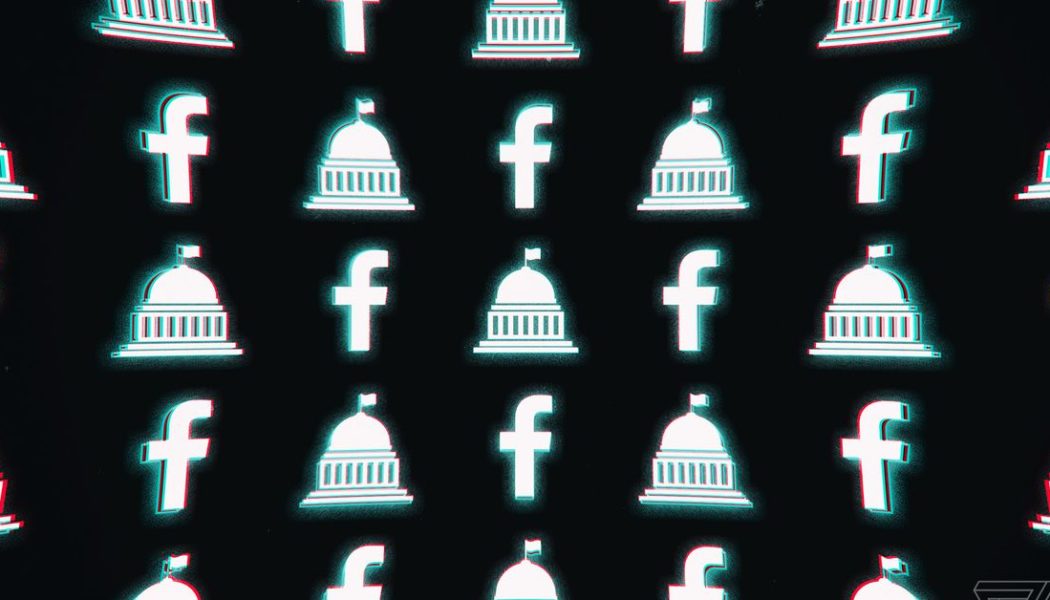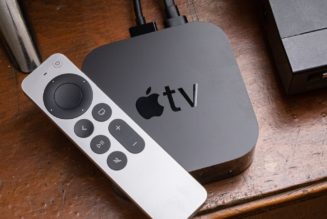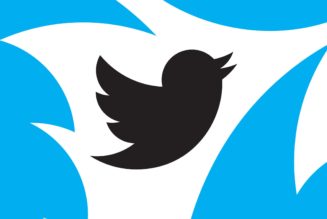
Facebook plans to end its controversial policy that mostly shields politicians from the content moderation rules that apply to other users, a sharp reversal that could have global ramifications for how elected officials use the social network.
The change, which Facebook is set to announce as soon as Friday, comes after the Oversight Board — an independent group funded by Facebook to review its thorniest content rulings — affirmed its decision to suspend former President Donald Trump but critiqued the special treatment it gives politicians, stating that the “same rules should apply to all users.” The board gave Facebook till June 5th to respond to its policy recommendations.
Facebook also plans to shed light on the secretive system of strikes it gives accounts for breaking its content rules, according to two people familiar with the changes. That will include letting users know when they’ve received a strike for violating its rules that could lead to suspension. BuzzFeed News and other outlets have previously reported on instances when Facebook employees intervened to keep political pages from being subject to harsh penalties under the strikes policy.
Facebook is also set to begin disclosing when it uses a special newsworthiness exemption to keep up content from politicians and others that would otherwise violate its rules.
A spokesperson for Facebook had no comment for this story.
The changes are notable for Facebook since it historically has taken a hands-off approach to what elected officials say on its service. Company executives, including CEO Mark Zuckerberg, have said that they shouldn’t be in the business of policing speech by politicians. They’ve argued that such speech is already the most scrutinized in the world, and that private companies shouldn’t censor what politicians say to their citizens.
For the past few years, Facebook has maintained a list of political accounts that aren’t subject to the same fact-checking or content moderation processes that apply to other users. In 2019, a group of employees asked for the list to be dissolved, citing internal research that showed people were especially likely to believe falsehoods if they were shared by an elected official, according to The Information.
That same year, Facebook’s vice president of global affairs, Nick Clegg, clarified the policy publicly, saying “we will treat speech from politicians as newsworthy content that should, as a general rule, be seen and heard.” Beyond expressly illegal content such as child pornography, Facebook would only take action against comments by politicians if they could credibly lead to physical harm or discourage voting.
Content from other sources that politicians share, such as news links or videos, has already been subject to fact-checking, a step that can greatly reduce the distribution of posts. Under Facebook’s new policies, posts made directly by politicians still won’t be subject to review by the company’s network of independent fact checkers. But they will for the first time be opened up to enforcement against more rules for things like bullying that Facebook’s moderators apply to other users.
The hands-off policy for political speech faced intense blowback when Trump used Facebook to stoke division after the murder of George Floyd and later praised his supporters as they attempted a violent insurrection at the US Capitol in January. And in India, Facebook’s largest country by users, the company has come under fire for not taking action against violent comments made by members of the ruling party. Under the new policy for politicians, Facebook could still use its newsworthiness exemption to leave up a post that would otherwise be taken down. But it will commit to disclosing when it does so.
After the January attack on the Capitol by Trump’s followers, Facebook indefinitely blocked his ability to post and referred the decision to the Oversight Board, a group of human rights experts it set up to make judgements on its policy enforcement. The board responded saying that Facebook was wrong to take special action on Trump’s account, since its public policies don’t explain when it can indefinitely block someone’s ability to post.
In its written response to Facebook on May 5th, the board called on the company to “address widespread confusion about how decisions relating to influential users are made.” Facebook was given 30 days to respond to the board’s recommendations and six months to complete its review of Trump’s account.










